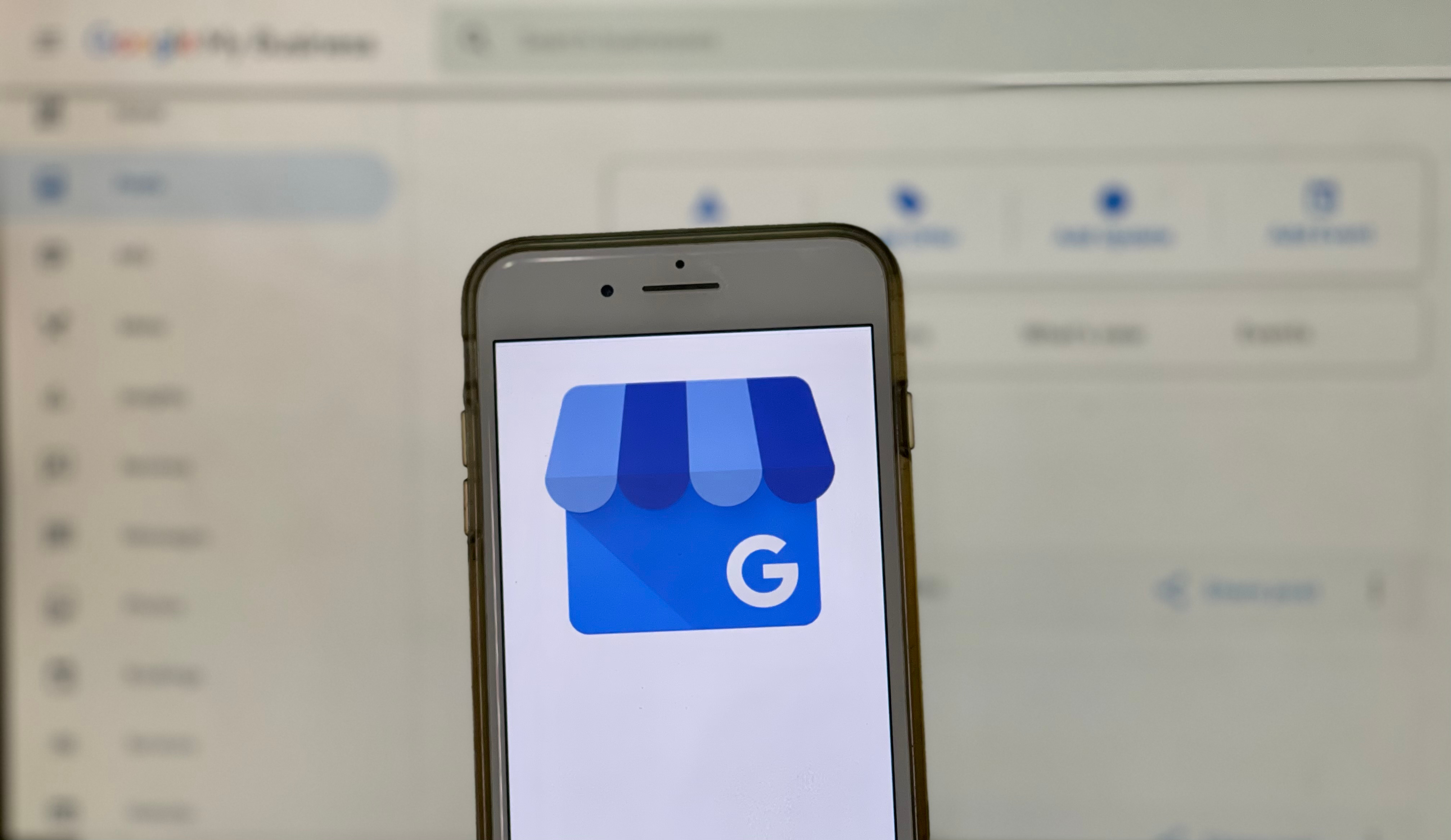As a local small business, you need to appear in search results for the right terms. Earning website traffic from relevant keywords drives potential customers straight to your front door.
Understanding local SEO (search engine optimization) is key to achieving this in today’s digital marketing-driven world.
In this guide, we’ll show you how search engines like Google rank local businesses, and how to do local SEO for beginners so your website stands out among nearby competitors.

Ranking on Google with local SEO tactics should be a part of your marketing strategy
What Is Local SEO?
Local SEO ensures your business appears in Google results when people search for products or services in your area. By applying local-specific strategies—like accurate location data, helpful reviews, and the right keywords—you can reach more of the customers who matter most.
When a user types a phrase into Google, the search engine scours its index to find the top matches. Automated bots (often called “crawlers”) review factors like keyword relevancy, distance, and online reviews.
If your website or Google Business Profile aligns well with that location-based query, you’ll have a higher chance of ranking where local customers can see you.
8 Tips on How to Do Local SEO for Beginners
1. Create a Google Business Profile
One of the best ways to appear in local search results is by creating (or claiming) a Google Business Profile. Simply log in to your Google account, head to the Google Business Profile site, and follow the prompts. Make sure every detail—address, phone number, and hours—is accurate.
Pro Tip: If you have more than one location, set up each one individually. You can use bulk location management if you have 10 or more.

A Google Business Profile can help improve your local SEO.
2. Make Sure Your Data Matches Everywhere
Consistency is vital. If your website or social media pages show a different phone number than your Google Business Profile, Google may struggle to trust the data.
The same goes for addresses—keep them current and uniform across all platforms.
You may also lose customers who come across an old website or social media page with outdated contact information. If your business moves or changes its phone number, remember to update web pages and Google listings as soon as possible.
3. Link Your Website & Other Pages
Encourage visitors to explore your business information fully by linking to your Google Business Profile from your website (for instance, on your Contact Us or About Us page). Also, link out to relevant social media channels. This helps Google associate your brand with each local area.

4. Produce Localized Content
Blog posts or videos that mention local events, community news, or relevant industry happenings in your city or neighborhood can draw the right audience. Sprinkle in location-based keywords thoughtfully—avoid cramming them in every other sentence.
Pro Tip: Visuals like images or short clips add variety and engage local audiences.
5. Collaborate with Other Local Businesses
Teaming up with nearby businesses can help you earn backlinks (links to your website) and build authority.
For example:
- Co-sponsor events with a known charity or business
- Write guest blogs for each other’s sites
- Highlight local organizations you partner with
These connections show Google you’re part of the local community, reinforcing your local expertise.
6. Conduct Regular Local SEO Reviews
Search engines change often, and your own business details might also evolve. Doing periodic local SEO audits helps you catch outdated information or broken links before they hurt your search rankings.
- Are your addresses, phone numbers, or hours correct?
- Have you added any new products or services that need location-based keywords?
- Does your website have any dead links or missing pages?

7. Collect & Respond to Customer Reviews
Encourage happy customers to leave a Google review mentioning the location they visited—this signals local relevance. When negative reviews come in, a polite and helpful reply can turn the situation around (and demonstrate your commitment to customer care). Regularly responding to reviews, whether positive or negative, also shows engagement.
8. Invest in the Right Tools & Support
Plenty of resources exist to lighten your local SEO workload. Some popular platforms include:
Google Analytics
Monitor website traffic, how users navigate pages, and how many leads convert into customers.
Google Search Console
Learn which local keywords people type to find you.
Google Screened
If you’re in the legal industry, Google Screened verifies you as a reputable provider. This trust factor can improve your visibility in search results.
Google Merchant Center
Online retailers can upload product data to appear in Google Shopping, potentially increasing local e-commerce orders. It integrates with Google Ads, Analytics, and more.
Google Ads
Running locally targeted ads can support your organic efforts. If you run service-based ads, you only pay when someone contacts you, making it a cost-friendly approach for local outreach.
Scorpion & Local SEO
Staying competitive in local results requires consistent updates, flexible strategies, and smart tracking.
That’s where we can help. Scorpion has supported small businesses for decades, guiding them toward better search visibility and real-world growth.
Our approach typically involves:
- Adapting website content and advertising to suit your city, region, or neighborhood.
- Using our artificial intelligence, Ranking AI, to spot the keywords that matter most for each location.
- Recommending bold, data-driven strategies to deliver real improvements in local search.
Let's talk about local SEO. Schedule a consultation today!





